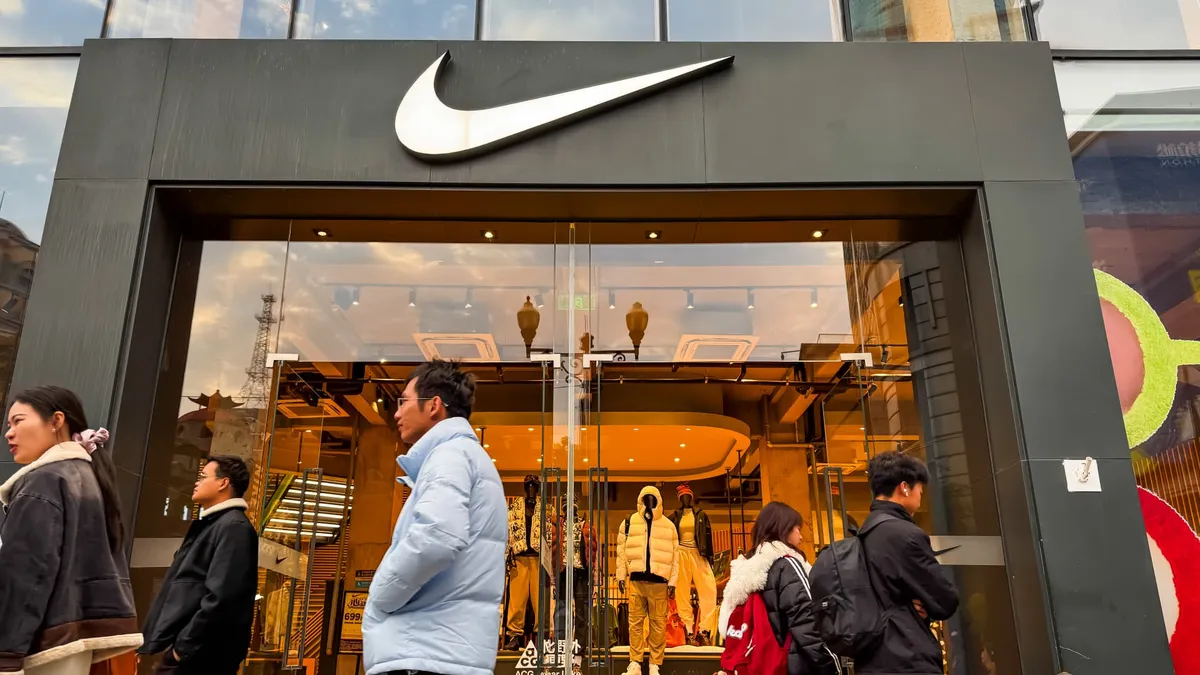
Nike is anticipated to announce a decline in quarterly sales this Tuesday. However, the company’s forecast for the upcoming year will be crucial in determining whether CEO Elliott Hill's strategic initiatives are beginning to yield positive results. As the sneaker giant implements a comprehensive turnaround plan nearly a year into Hill's leadership, analysts remain cautiously optimistic about Nike's future performance.
During the fiscal fourth-quarter results released in June, Nike indicated that the financial repercussions from its restructuring efforts are expected to diminish in the upcoming quarters. Company executives noted significant improvements in their inventory position and a successful effort to rekindle relationships with wholesale partners. This is essential for Nike’s strategy to clear out outdated styles and introduce innovative products, which is pivotal for regaining market share and fostering growth.
Despite these positive developments, Nike faces numerous challenges as it strives to recover lost ground in the competitive market. Tariffs are projected to have a moderate impact on Nike's bottom line in 2026, adding another layer of complexity. In addition, the current landscape of consumer spending remains unpredictable, raising concerns about potential declines in demand for new shoes and apparel during the crucial holiday shopping season.
The uncertain consumer backdrop coupled with fierce competition from emerging brands such as On and Hoka complicates Nike's path to recovery. These factors make it increasingly challenging for the iconic brand to reclaim its position in the market. As part of its financial reporting, Nike is expected to provide guidance during a conference call with analysts at 5 p.m. ET, where investors will be eager for insights regarding the back-to-school shopping season, holiday outlook, and performance of new styles.
According to consensus estimates from LSEG, analysts are projecting the following for Nike's earnings report: Earnings per share of 27 cents and revenue of $11.0 billion. In the three months since the last quarterly report, CEO Hill has been actively executing the strategy he shared with investors. This includes a realignment of Nike's corporate structure to segment teams by sport rather than by gender and age categories.
In late August, Nike initiated team restructuring, which involves cutting approximately 1% of its workforce, with most employees transitioning to new roles by September 21. This realignment is a key component of Hill's strategy to spark innovation within the company. His predecessor, John Donahoe, had shifted the company's focus towards its lifestyle business, which some critics argue led to a decline in market share in critical areas such as running.
While lifestyle merchandise remains a significant aspect of Nike's strategy—allowing the brand to engage a broader consumer base, particularly among women—growing the number of female customers has been a priority for Hill. This is exemplified by Nike’s recent collaboration with Kim Kardashian's shapewear brand, Skims, which aims to attract more female consumers to the Nike brand.
As investors await the quarterly sales report, the focus remains on how effectively Nike can navigate its challenges and seize opportunities for growth in the competitive sneaker market.